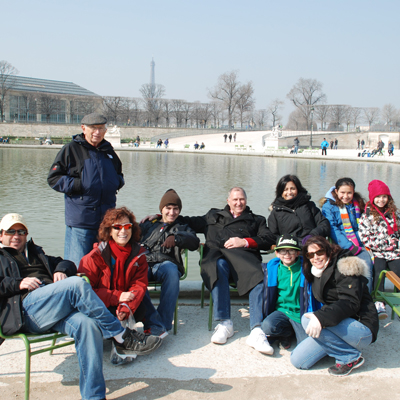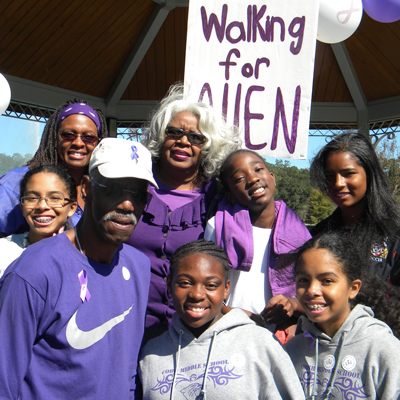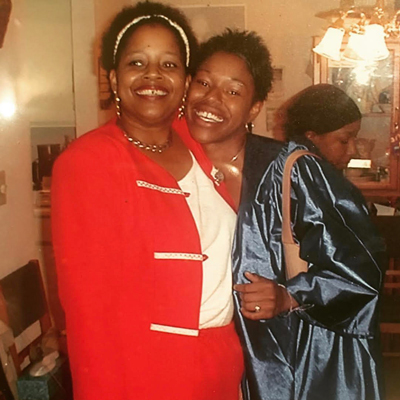For those at high risk of pancreatic cancer, navigating the uncertainties of the disease can be a challenge. Whether due to a family history, genetic predispositions, or other risk factors, proactive measures and early detection are critical. The Pancreatic Cancer Early Detection (PRECEDE) Consortium offers a vision of collaborative excellence to transform how we approach these challenges and provide new hope to those at increased risk.
The PRECEDE project, spearheaded by Dr. Diane Simeone, represents a significant leap forward in early detection and patient support. This international consortium unites top experts and institutions with a shared goal: to elevate the 5-year survival rate for pancreatic cancer from 13% to 50% over the next decade. This ambitious target underscores a commitment to improving outcomes through advanced research and personalized care.
How PRECEDE Supports High-Risk Individuals
For individuals with a family history of pancreatic cancer, pathogenic gene mutations, or other high-risk factors, PRECEDE offers a valuable resource:
1. Personalized Monitoring: Through the PRECEDE study, participants receive tailored monitoring based on their specific risk factors. This includes regular blood tests every 6 to 12 months and additional imaging for those in particularly high-risk groups. This individualized approach aims to catch potential issues early, before symptoms arise.
2. Innovative Screening Techniques: The consortium is developing and refining advanced screening methods to enhance early detection. These efforts are focused on identifying pancreatic cancer at its most treatable stages, thereby improving the likelihood of successful interventions.
3. Comprehensive Risk Management: By studying individuals with known risk factors—such as chronic pancreatitis, pancreatic cysts, or genetic mutations—PRECEDE aims to deepen our understanding of the disease. This research is critical for developing effective early detection tests and comprehensive prevention strategies.
4. Longitudinal Follow-Up: Under the guidance of experts like UCLA’s Dr. Donahue, the PRECEDE study will follow participants over time, providing ongoing support and monitoring. Dr. Donahue emphasizes the importance of early detection, stating, “Early detection would drastically change the trajectory of the disease and ultimately save thousands of lives.”
If you or someone you know is at high risk for pancreatic cancer, consider enrolling in the PRECEDE study. Your participation can contribute to groundbreaking research and potentially save lives by advancing early detection and prevention methods.
For more information on how you can be part of this transformative study, visit PRECEDE Study.
To hear more from Dr. Diane Simeone about the PRECEDE project, watch her Symposium Speaker Spotlight.
By working together, we can advance towards a future where early detection and proactive prevention truly transform outcomes for those facing pancreatic cancer.




